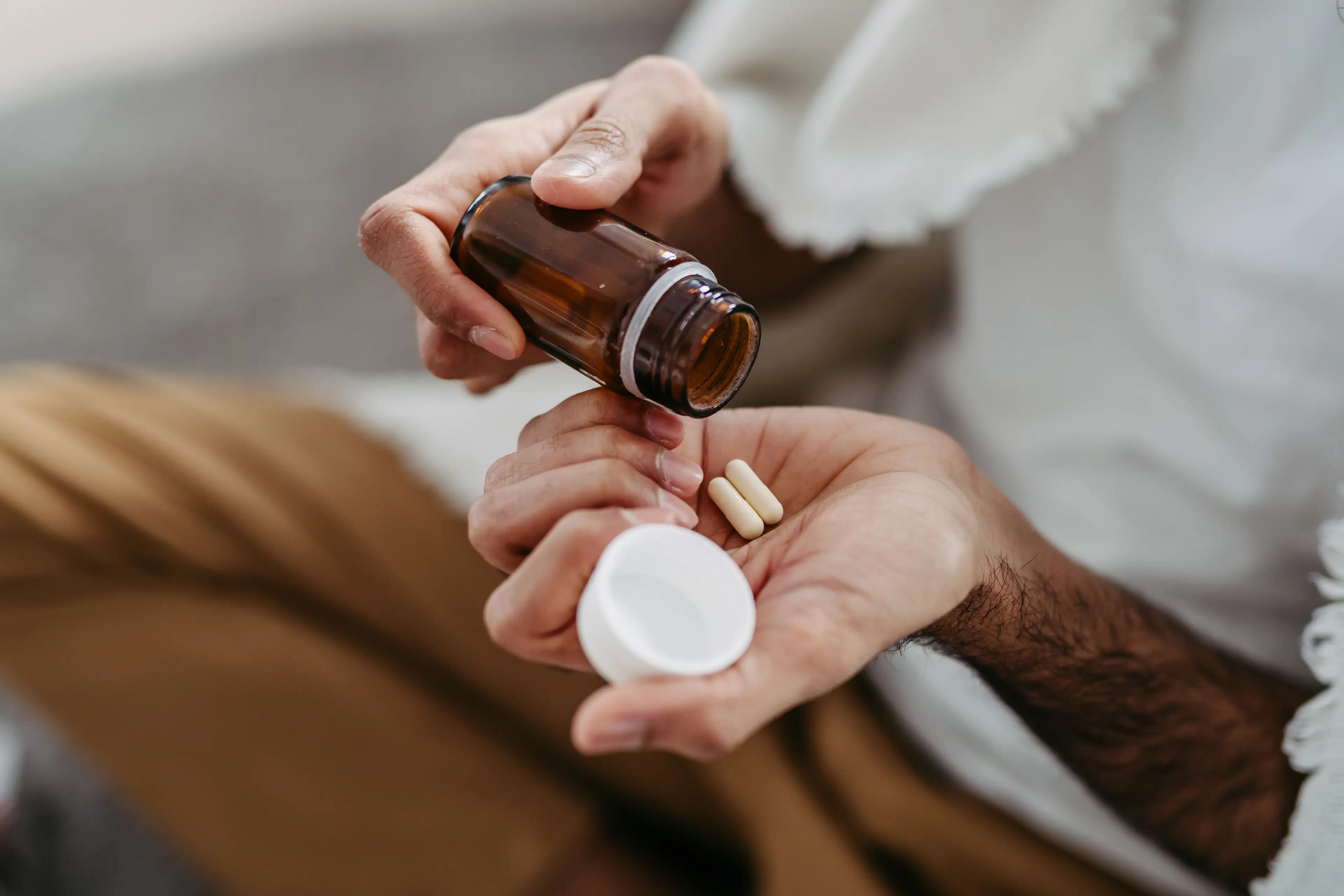
With a heatwave on the horizon in the UK right now, and a baking hot summer in full-swing in the States, a vital medical warning has been issued to takers of several different types of medication.
It's not uncommon for doctors and nurses to use their platforms around this time of year to raise awareness of weather-related conditions - like heatstroke, sunburn or allergies.
For example, in the last few months alone, medics have issued advice against sleeping with the fan on all summer due to the 'hidden stresses' it can inflict upon the body, and attempted to suggest why we're all sneezing so much at the minute.
This week, however, experts from Houston Methodist Hospital are centring their attention on prescription pills - a number of which are at risk of being impacted by the summer months.
Advert

Why are certain medications affected?
As the health website explains, certain drugs are susceptible to having their effectiveness tainted by both the heat and sunlight that come with this warmer time of year.
Some medications are even deemed somewhat intolerant to heat, on top of leaving takers of them super sensitive to the sun.
Explaining this phenomenon, Nish Shah - a primary care sports medicine doctor at Houston Methodist Hospital - told press recently: "Some medications impair the body's ability to regulate its temperature, increasing the risk of heat exhaustion and heat stroke.
"Others make the skin more sensitive to sunlight, called photosensitivity, which can lead to an increased risk of not just sunburn but skin damage."
Which prescription drugs are effected by heat?
A number of medications can be affected by high temperatures and humidity, even if the day itself isn't very sunny.

And even more alarmingly, these drugs range from treating high blood pressure to assisting with anxiety.
These include:
- Diuretics - which increase urine production, leading to fluid loss and potential dehydration.
- GLP-1 drugs - also known as weight loss medications, these can suppress thirst, again triggering dehydration.
- Anticholinergics - neurotransmitters that signal sweat glands can be blocked in high heat, which reduces sweat production.
- Beta blockers - these anti-anxiety drugs slow down the heart rate, which can limit the body's ability to circulate blood for cooling
- Stimulants - increase metabolic rate which, again, can impact the body's cooling systems
- Antidepressants - these can affect the hypothalamus which is responsible for regulating body temperature, which can also impair sweating.
Which prescription drugs are effected by sun?
As we say, other medications might also affect the taker's proneness to sun sensitivity - especially when it comes to potential skin damage.
These include:
- Antibiotics - medications like doxycycline, ciprofloxacin and sulfonamides can interact with UV light to create compounds that damage skin.

- Nonsteroidal anti-inflammatory drugs (NSAIDs) - drugs such as ibuprofen can cause phototoxic reactions when the skin is exposed.
- Diuretics, particularly thiazides - these also increase the risk of photosensitivity.
- Retinoids - these skincare medications can thin outer layers of the body, in turn reducing natural UV protection
- Antidepressants - like in cases of heat, certain antidepressants can also lead to a higher sensitivity to UV light.